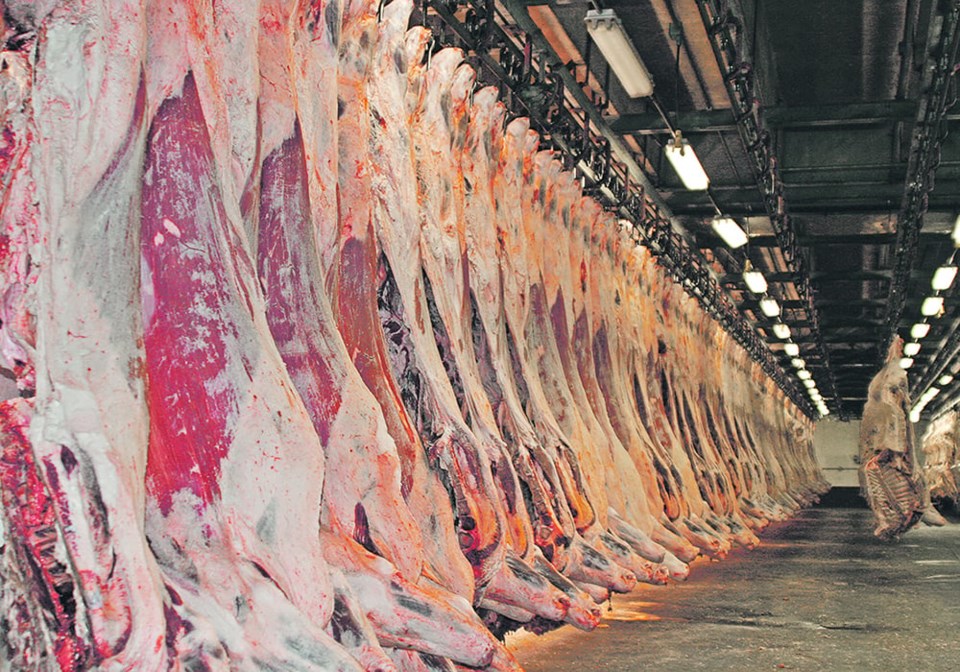The federal government has finally grown a backbone regarding trade with the United Kingdom.
Cattle producers have been infuriated for years over the dramatic disparity in beef and pork trade between the two countries.
It started when Canada signed a free trade agreement with the European Union in 2016. The deal was touted as a significant accomplishment for Canadian exporters, but the bloom was soon off the rose, particularly for the livestock industry.
While EU countries shipped substantial amounts of beef and pork to Canada, a mere trickle of meat flowed the other way due to non-tariff trade barriers erected by the EU.
Producers complained but the federal government did little about it, other than assure Canadians it was monitoring the situation.
The U.K. inherited this unfair trade advantage as a member of the EU and retained it after it left the trading bloc.
The numbers are shocking.
Britain exported $32 million worth of beef to Canada in 2020, $16 million in 2021, $33 million in 2022 and $14 million in 2023, up to November.
Meanwhile, Canada exported $17.6 million worth of beef to the U.K. in 2020, $7.6 million in 2021 and nothing in 2022 and 2023.
The trade figures are equally galling for pork. The U.K. sent $7 to $14 million a year worth of pork to Canada from 2020-23, while Canada shipped about $600,000 a year.
Canadian livestock producers continued to complain, but to no avail.
Then the federal government tentatively approved the U.K.’s admission to the Comprehensive and Progressive Agreement for Trans-Pacific Partnership.
Livestock producers were livid, and the Canadian Cattle Association vowed to take off the gloves. Its declaration didn’t seem to affect government actions, but then the feds found a backbone.
Canada and the U.K. had signed a Trade Continuity Agreement following Brexit, which extended access for British cheese to Canadian markets.
The extension ran out at the end of 2023, and Canada did not renew it.
In an impressive display of hypocrisy, the U.K. threw a hissy fit and pulled out of trade talks with Canada.
Canadian livestock producers cheered but repeated their calls for a strong stance with the U.K. The CCA said last month that if the U.K. doesn’t return to the negotiation table, Canada should pull beef off the table altogether.
A demand for more aggressive action is understandable, considering the egregious way in which the U.K. has treated Canada’s livestock producers with its spurious claims of unsafe practices.
However, a strong argument can also be made for letting calmer heads prevail. Ralph Goodale, Canada’s high commissioner to the U.K., made one such argument last month.
He sympathized with calls for retaliation but warned that such action could quickly spiral out of control, damaging trade instead of improving it.
For now, trade negotiators must be allowed to do their jobs and attempt to shake the British out of their obstinacy.
Under no circumstances, however, must the U.K. be allowed to join CPTPP until it abandons its trade barriers.
That is the next big fight, and Canadian producers will need to do all they can to ensure the federal government’s backbone remains intact.
Karen Briere, Bruce Dyck, Barb Glen, Michael Robin, Robin Booker and Laura Rance collaborate in the writing of Western Producer editorials.




